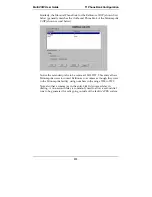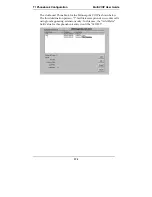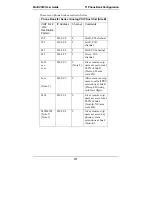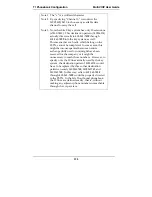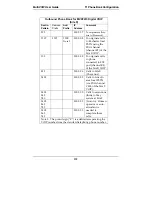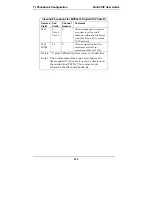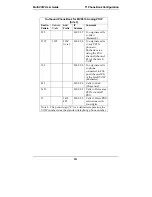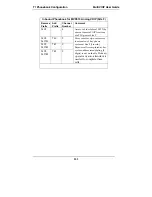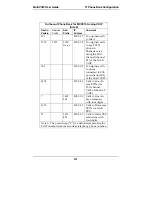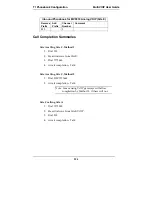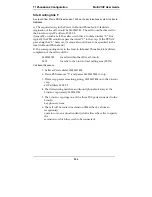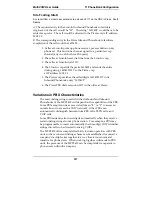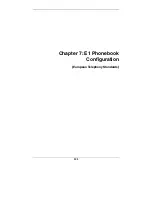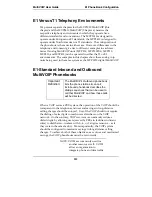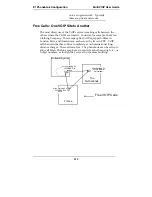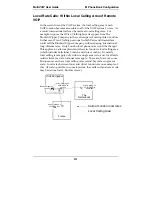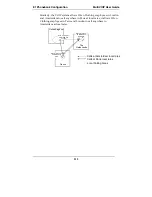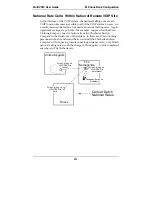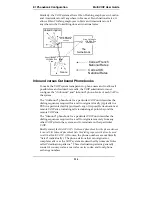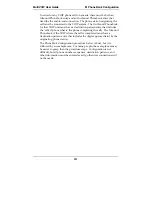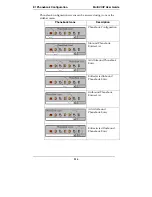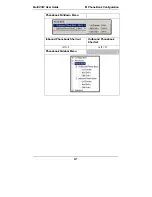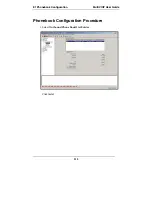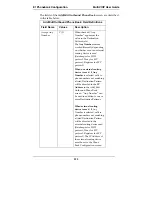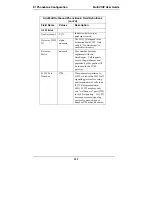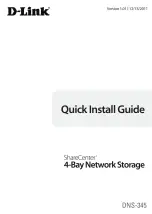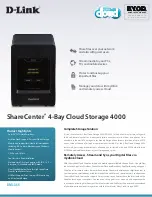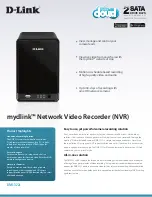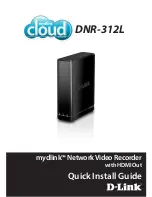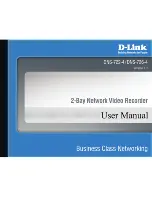
MultiVOIP User Guide
T1 PhoneBook Configuration
207
Site F calling Site D
A voip call from a Lincoln key extension to extension 3117 on the PBX in Pierre, South
Dakota.
A. The required entry in the Lincoln Outbound Phonebook to facilitate
origination of the call, would be “31”. The string “1615492” would have to be
added as a prefix. The call would be directed to the Pierre voip’s IP address,
200.2.9.9.
B. The corresponding entry in the Pierre Inbound Phonebook to facilitate
completion of the call would be 1615492.
1. Caller at Lincoln picks up phone receiver, presses button on key
phone set. This button has been assigned to a particular voip
channel (any one of the three FXS ports).
2. The caller at Lincoln hears dial tone from the Lincoln voip.
3. The caller at Lincoln dials 3117.
4. The Lincoln voip adds the prefix 1615492 and sends the entire
dialing string, 16154923117, to the Pierre voip
at IP address 200.2.9.9.
5. The Pierre voip matches the called digits 16154923117 to its
Inbound Phonebook entry “1615492” .
6. The Pierre PBX dials extension 3117 in the office at Pierre.
Variations in PBX Characteristics
The exact dialing strings needed in the Outbound and Inbound
Phonebooks of the MVP2410 will depend on the capabilities of the PBX.
Some PBXs require trunk access codes (like an “8” or “9” to access an
outside line or to access the VOIP network). Other PBXs can
automatically distinguish between intra-PBX calls, PSTN calls, and
VOIP calls.
Some PBX units can also insert digits automatically when they receive
certain dialing strings from a phone station. For example, a PBX may
be programmable to insert automatically the three-digit VOIP identifier
strings into calls to be directed to analog VOIPs.
The MVP2410 offers complete flexibility for inter-operation with PBX
units so that a coherent dialing scheme can be established to connect a
company’s multiple sites together in a way that is convenient and
intuitive for phone users. When working together with modern PBX
units, the presence of the MVP2410 can be completely transparent to
phone users within the company.
Summary of Contents for MULTIVOIP MVP-3010
Page 6: ...6 Chapter 1 Overview ...
Page 28: ...28 Chapter 2 Quick Start Instructions ...
Page 38: ...Technical Configuration T1 E1 MultiVOIP User Guide 38 Chapter 4 Software Installation ...
Page 49: ...49 Chapter 5 Technical Configuration ...
Page 58: ...Technical Configuration MultiVOIP User Guide 58 Config Info CheckList ...
Page 117: ...MultiVOIP User Guide Technical Configuration 117 ...
Page 139: ...MultiVOIP User Guide Technical Configuration 139 ...
Page 170: ...170 Chapter 6 T1 Phonebook Configuration North American Telephony Standards ...
Page 184: ...T1 Phonebook Configuration MultiVOIP User Guide 184 3 Select Inbound PhoneBook List Entries ...
Page 208: ...208 Chapter 7 E1 Phonebook Configuration European Telephony Standards ...
Page 252: ...252 Chapter 8 Operation and Maintenance ...
Page 257: ...MultiVOIP User Guide Operation Maintenance 257 The Call Progress Details Screen ...
Page 265: ...MultiVOIP User Guide Operation Maintenance 265 The Logs Screen ...
Page 277: ...MultiVOIP User Guide Operation Maintenance 277 ...
Page 280: ...Operation and Maintenance MultiVOIP User Guide 280 T1 Statistics Screen ...
Page 288: ...Operation and Maintenance MultiVOIP User Guide 288 ...
Page 343: ...343 Chapter 9 Warranty Service and Tech Support ...
Page 347: ...347 Chapter 10 Regulatory Information ...
Page 352: ...352 Appendix A Cable Pinouts ...
Page 358: ...358 Appendix B TCP UDP Port Assignments ...
Page 360: ...360 Appendix C Installation Instructions for MVP428 Upgrade Card ...
Page 365: ...MultiVOIP User Guide Index 365 Index ...
Page 395: ...395 S000384A ...

